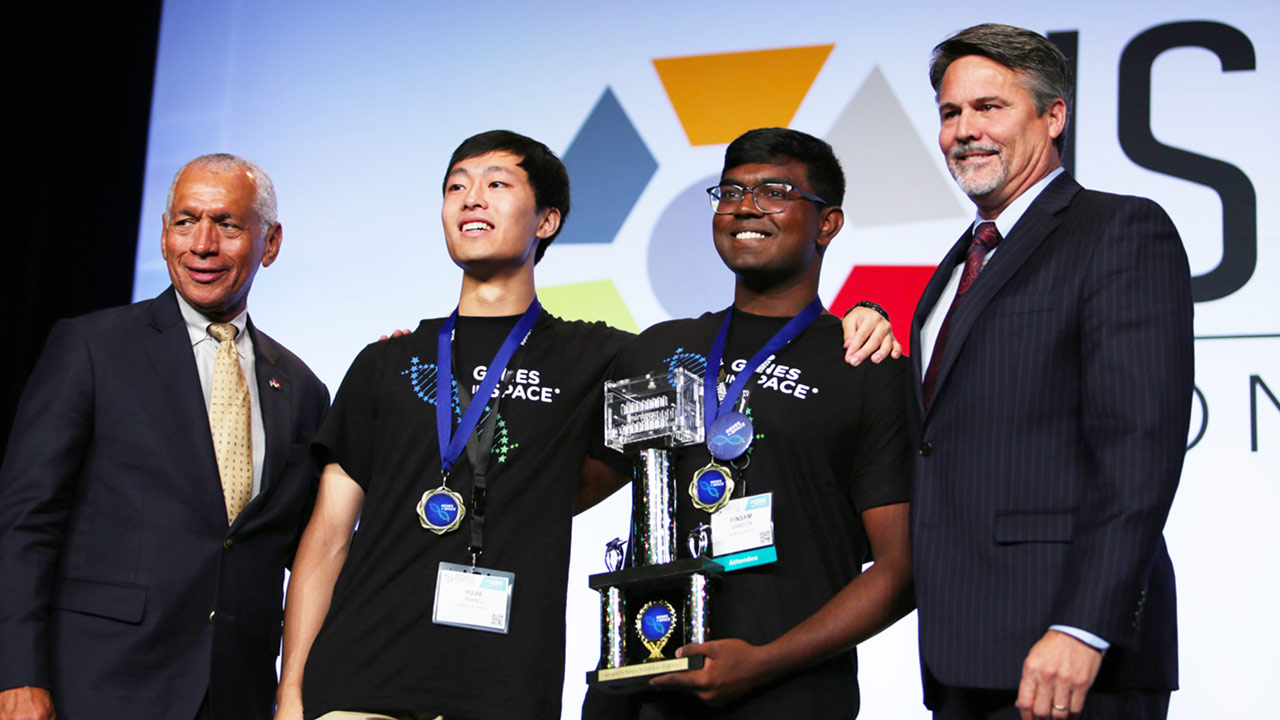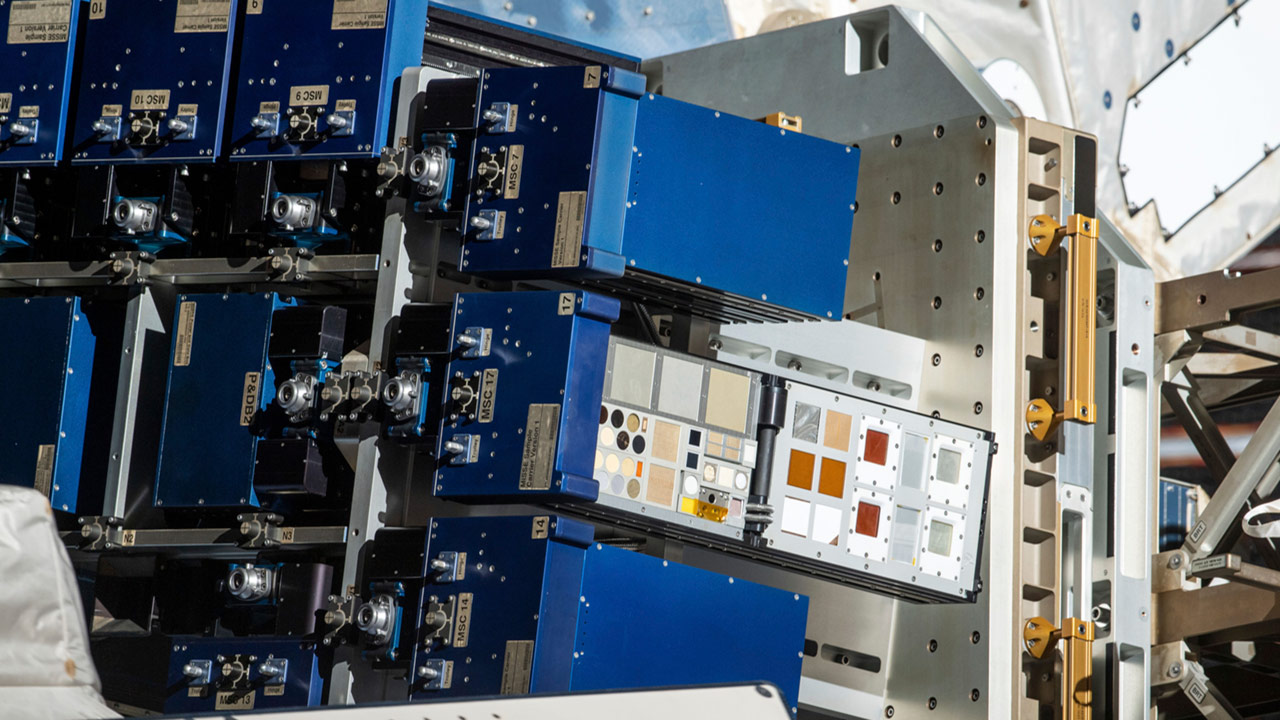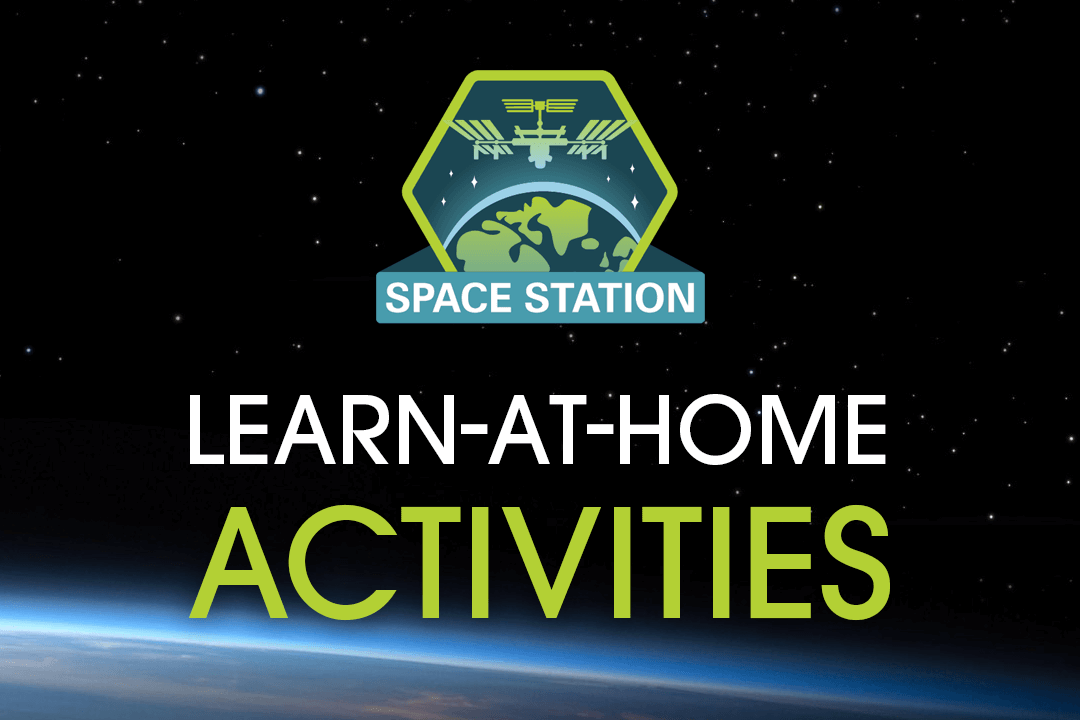Later this year, 2019 Genes in Space student competition winners Finsam Samson and Yujie Wang will watch as a rocket launches to the International Space Station (ISS) carrying the experiment they designed during their senior year of high school.
Samson (now a student at Stanford University) and Wang (now a student at the University of California, Berkeley) worked with mentors at MIT and Harvard to develop an experiment to examine the effects of microgravity on gene expression. Results from their investigation could not only provide important insight into astronaut health but also help scientists better understand the human body’s reaction to stressful conditions on Earth.
The Genes in Space program, founded by Boeing and miniPCR and supported by the ISS U.S. National Laboratory, holds an annual student research competition in which students in grades 7 through 12 propose DNA experiments that leverage the unique environment of the ISS. The winning proposals are developed into flight projects that are sent to the space station. Genes in Space experiments use a compact polymerase chain reaction (PCR) machine developed by miniPCR that allows crew members to make copies of specific segments of DNA onboard the ISS.
Samson and Wang’s project was selected from nearly 800 Genes in Space applicants, and the two hope their ISS National Lab research will shed light on new ways to help keep astronauts healthy in space and potentially lead to new treatments for people with stress-related health conditions on Earth. Learn more about these student researchers and their ISS National Lab investigation in this recent feature article from Boeing.







